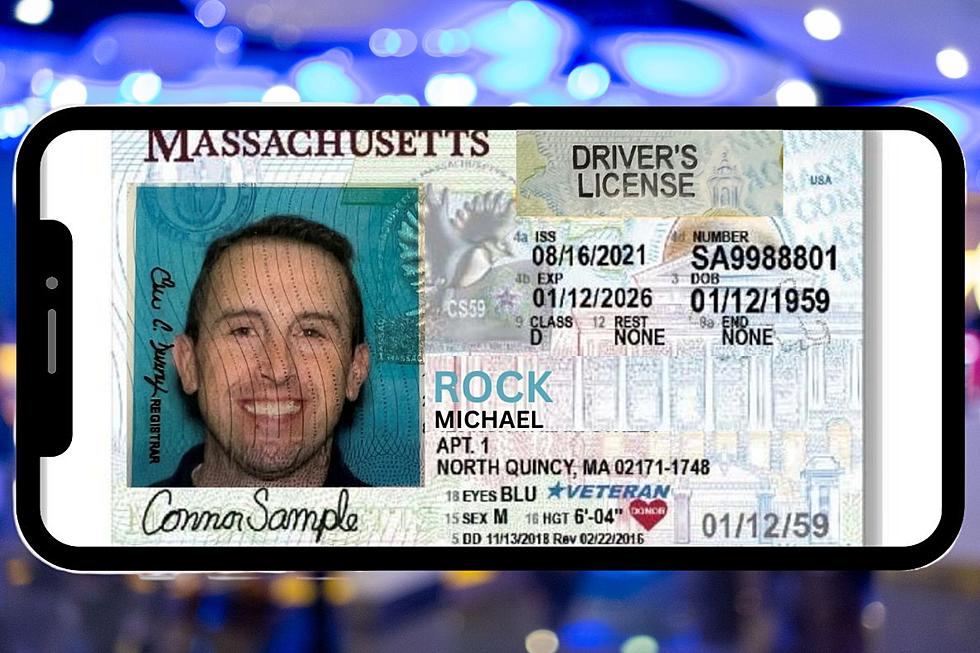![Add Seat Belts to Buses With High-Speed Routes [OPINION]](http://townsquare.media/site/518/files/2018/12/GettyImages-85449301.jpg?w=630&h=419&zc=1&s=0&a=t&q=89&w=980&q=75)
Add Seat Belts to Buses With High-Speed Routes [OPINION]
After the horrible bus accident on Route 24 Saturday night, I'm left with an impression that Massachusetts laws need an update regarding bus safety.
I spoke with firemen and bus drivers over the weekend, and what I learned is that bus fires are more common than collisions. Under that scenario, it makes seat belts a greater danger than actually using them as a safety measure for impact.
There is a cost concern that bus companies and school departments will readily detail when this topic has come up over the years and throughout the states. The experts in the first-responder community debate over the difficulty of extracting children out of the buses that utilize seat belts.
Some say children in particular may be too traumatized or scared to remove the belts, and in some cases may be too young to do so without assistance, even without any time-sensitive need to leave the vehicle.
What I am left with is the impression that perhaps school systems that have occasion to use high speed roads, say for speeds in excess of 45 mph, should either subcontract buses that are equipped with seat belts and airbags, or be forced to purchase a few for their fleet that possess these safety devices.
The bulk and weight of school buses is almost always enough to prevent serious injury as they travel at low speed throughout their local pick-up and drop-off routes.
What we know as of today is that on Saturday night, on our local Route 24 highway in Berkley, a south-traveling Tiverton School Department bus full of mostly children (including infants) is believed to have been impacted in some capacity by a vehicle driven by a woman arrested for OUI. The facts are not clear, but the result was the bus veered out of control and into the trees.
Broken arms, head injuries and a collapsed lung were reported after many ambulances took away some 20 victims.
I listened to or read of many ideas. One the ideas consisted of having bars similar to those used on rollercoasters to secure the passengers into their seats. The problem is obvious; what if the mechanism to free the passengers is compromised in the collision, or maybe the driver is the only one in reach but too injured to activate the release, trapping all in their seats?
So for communities that own x amount of buses, y amount (10 percent, for example) should be equipped with safety devices that actually reflect state laws. Buses that use highways and drive our children to sporting events, band competitions or field trips should not depend on pure luck, and need to have common-sense equipment to ensure that an accident doesn't mean catastrophe. We all know traveling without seat belts is far more dangerous than being secured in one.
Fifty kids on a school bus involved in a high speed accident could mean, during impact, 50 missiles hurled at those in front of them or through the windshield. Yeah, it's an ugly thing to consider, but ask the fireman or policeman who has to help these unbelted victims on a regular basis.
There are still a sizable fraction of people on the road who ignore the seat belt law and pay a heavy price for that. Kids don't have a choice as of right now. They climb on to the buses believing that it must be safe, if we the adults allow them to travel in them.
So perhaps, for smaller aged children who may not have the ability to unhitch the seat belts, the required chaperone count needs to increase in order to assist them on these trips and especially in the case of disaster. Chaperones should also be required to take an online test or have some training for dealing with trauma to their bus.
In reality, it's hard enough to find chaperones. Adding a required course only adds to excuses why people can't volunteer their day to chaperone. The training needs to be enough to believe the adults will know what to do but won't be burdensome and time consuming.
For older-aged kids as well as certified chaperones, a training should be mandatory to deal with the several unsavory scenarios that could be a reality as was the case this past weekend.
To help offset with some of the costs of installing seat belts, the state can make insurance companies reward these bus policies that implement safety devices with mandated lower rates.
Common sense needs to prevail. These are just a couple of ideas that might be of use. Let's see how Beacon Hill responds.
Ken Pittman is the host of The Ken Pittman Show on 1420 WBSM New Bedford. He can be heard Saturdays from 9 a.m. to noon. Contact him at ken.pittman@townsquaremedia.com and follow him on Twitter @RadioKenPittman. The opinions expressed in this commentary are solely those of the author.
More From WBSM-AM/AM 1420









